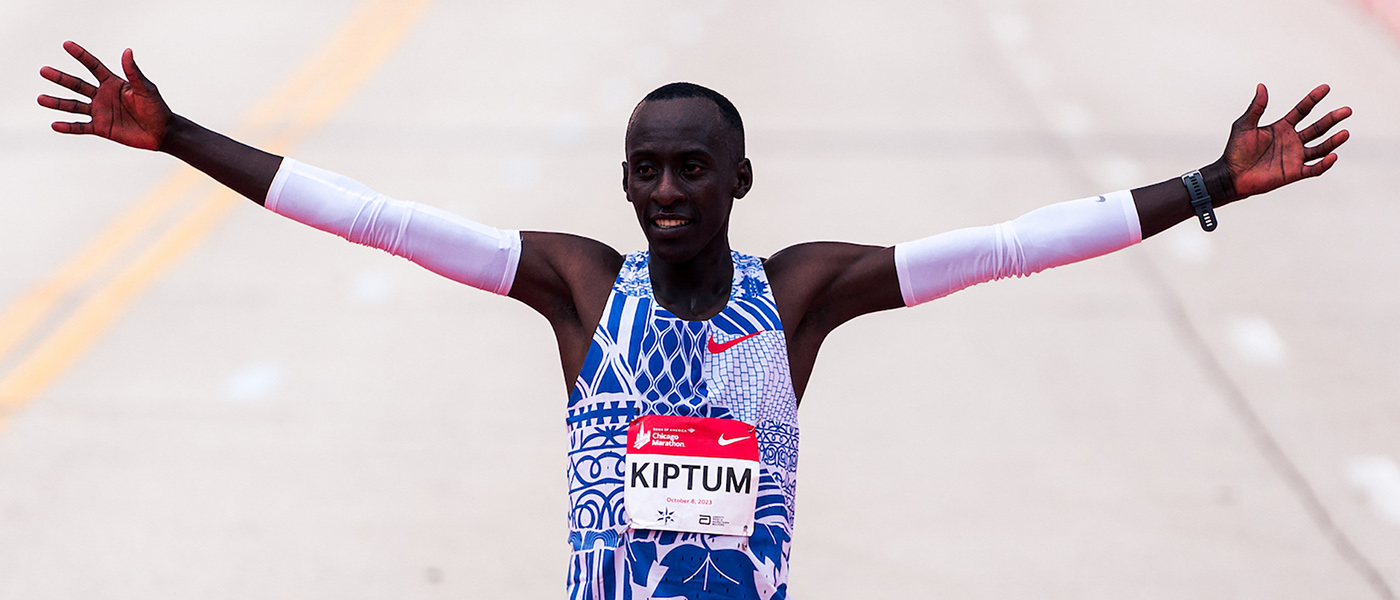
It started as a passing comment when he woke from major surgery. It has now transformed Rob Stuardi’s life.
Let’s go back to 2015 when Rob, from Alabama in the USA, was 45. Life was busy with his wife, three daughters and a succesful career in equity underwriting.
But a diagnosis of an intraductal papillary mucinous neoplasms (IPMN) resulted in a whipple procedure*, during which doctors discovered a malignant tumor in his pancreas. If left untreated, the tumor could have been terminal.
Rob explains: “When I was in recovery and still highly sedated, I told my wife that I was going to run a marathon if I survived pancreatic cancer. Of course, my wife knew I was delusional at the time due to sedation as I had not run in over 20 years. I was not a runner and had never even thought of running a marathon.”

Six months after surgery, Rob started working out with a trainer to rebuild some core strength and it was then that he remembered that ‘sedation conversation’ and shared the idea of running a marathon. Knowing nothing about marathons, he decided that if he was going to take on this challenge, it needed to be a special race in a big city and he wanted to raise money and awareness for cancer research at the same time.
Going from couch to full marathon was going to take 10 months of hard work and dedication, so the Bank of America Chicago Marathon in 2017 was the chosen race, the Purple Project was the chosen charity and the training began.

He reflects: “My long runs started at three miles and I had to walk half of it. We trained for about two to three months to get me to around six to eight miles of running on my long run days and then we started a 20 mile-per week training program to prepare me to just finish the marathon.
“All of those really long runs were extremely hard, and I wanted to quit so many times. But I had made a promise to run, and I had raised a large amount of money. I felt I owed it to my supporters, cancer survivors and anyone who had struggles or hard times in their life. I had to see this through.”
Chicago was conquered in five hours and Rob’s marathon ambitions were over. Or so he thought….
“Two weeks after Chicago, I’d changed my mind on ever running another one and found myself training for and running New Orleans. I then floated the idea of running for charity again at the TCS New York City Marathon, got my place and that was going to be my third and final marathon challenge.

“But all these people kept talking about the Abbott World Marathon Majors! So I decided if I had completed two, then I may as well sign up and go for all six!”
He earned stars at Tokyo, London and Berlin in 2019. Like so many others, the Boston finale is currently on pause for Rob but the training and positivity continues.
“I am almost five years cancer-free and I get a CT scan every six months. I have to watch my diet a little, but I really have had no major issues even though I have lost three quarters of my pancreas and had the whipple surgery.
Marathoning has had a positive impact on Rob’s health. “I did have high cholesterol and took medication to control it, but since I started training and running marathons I have been able to stop taking the medication and don’t need anything else to control my cholesterol. This is a big benefit of running for me, and I’ve also lost about thirty pounds since getting in shape.,” he said.

Hoping his experiences can inspire others to go for their dreams, Rob says: “Stay positive and always try to have a goal to keep you moving forward. I had goals for my recovery, then for my marathons and although I’ve sometimes had to reset them, the key is to stay positive.
“Being negative is not going to help me or anyone. If I am positive the results will be positive and that’s really come true for me.”
* An operation to remove the head of the pancreas, the first part of the small intestine (duodenum), the gallbladder and the bile duct. The remaining organs are reattached to allow you to digest food normally after surgery.
** Note: Always consult a physician and get a full health evaluation prior to marathon training. Even if athletes appear healthy, underlying medical conditions could exist.
Other news

Kebede eyes history in Tokyo

Episode 84: Hall In For Tokyo! - Marathon Talk meets Sara Hall as we preview the Tokyo Marathon



